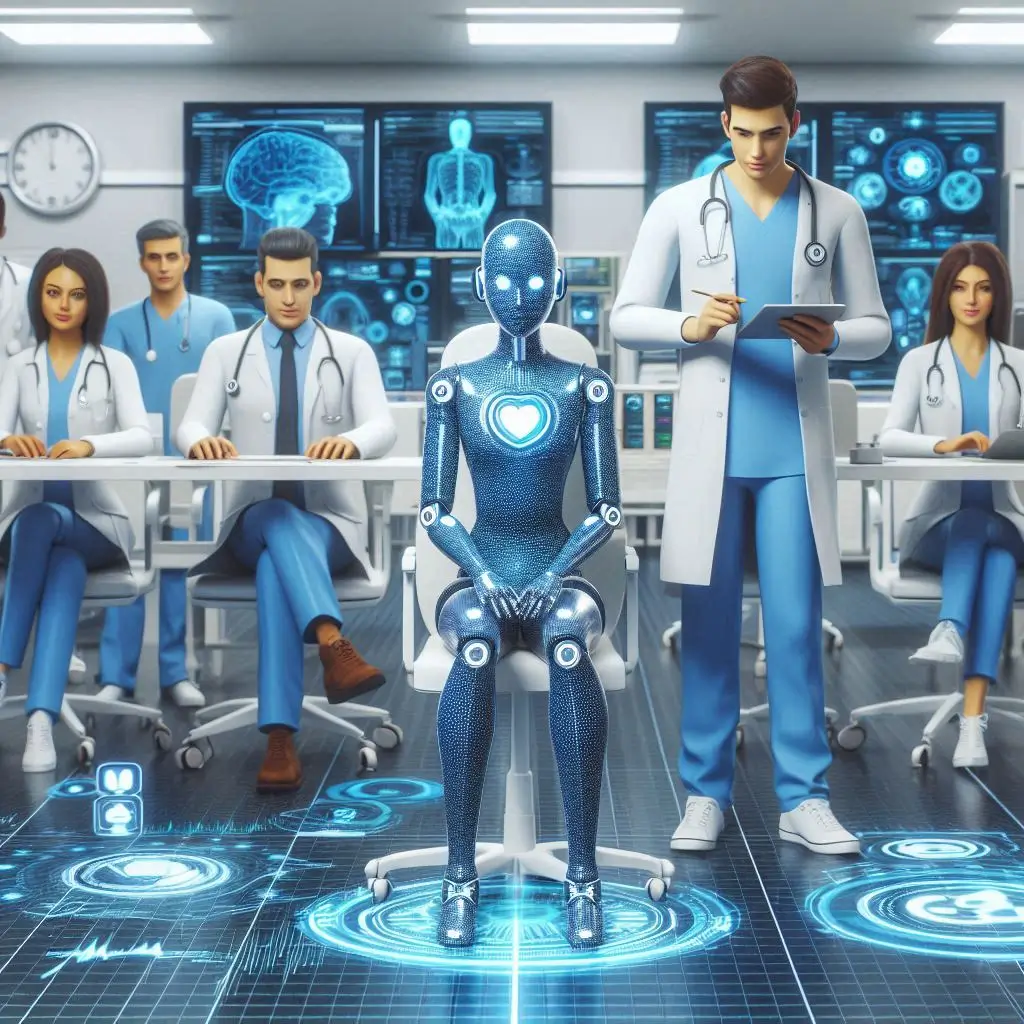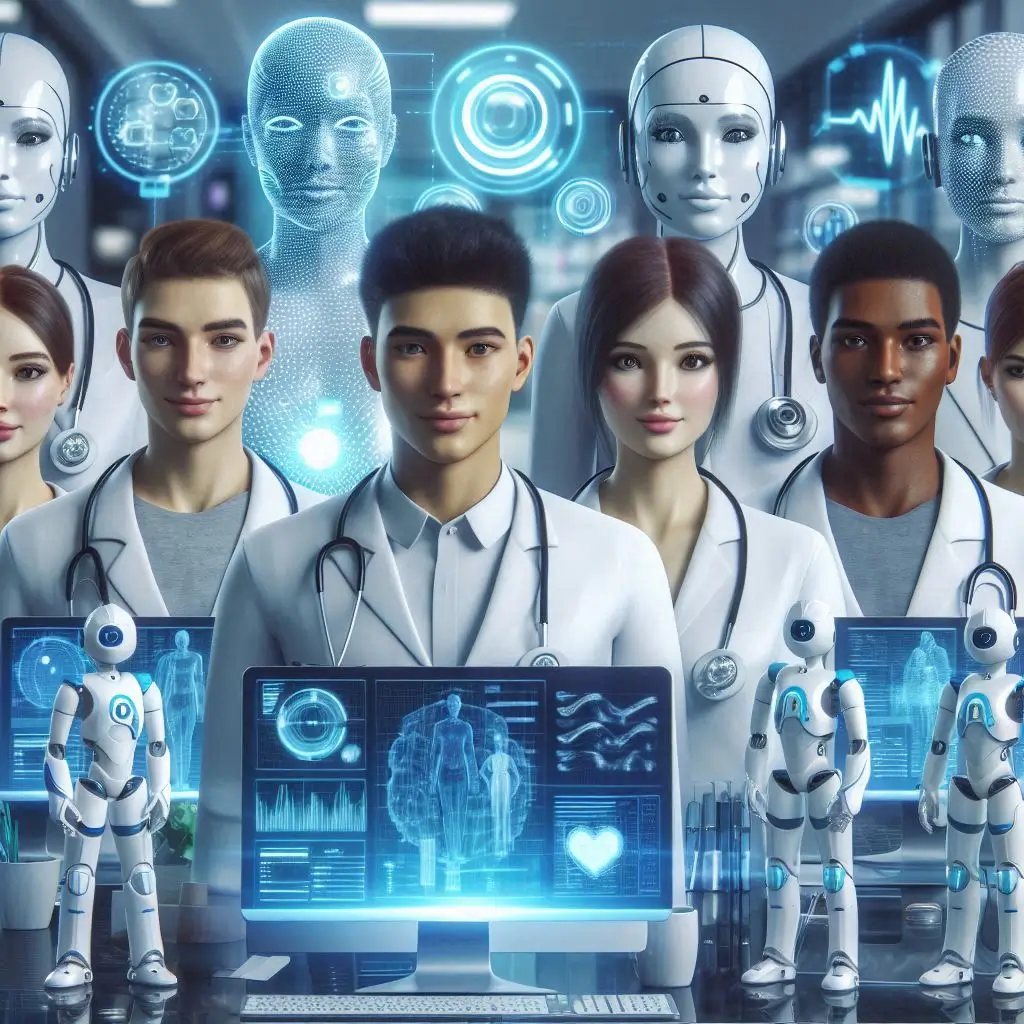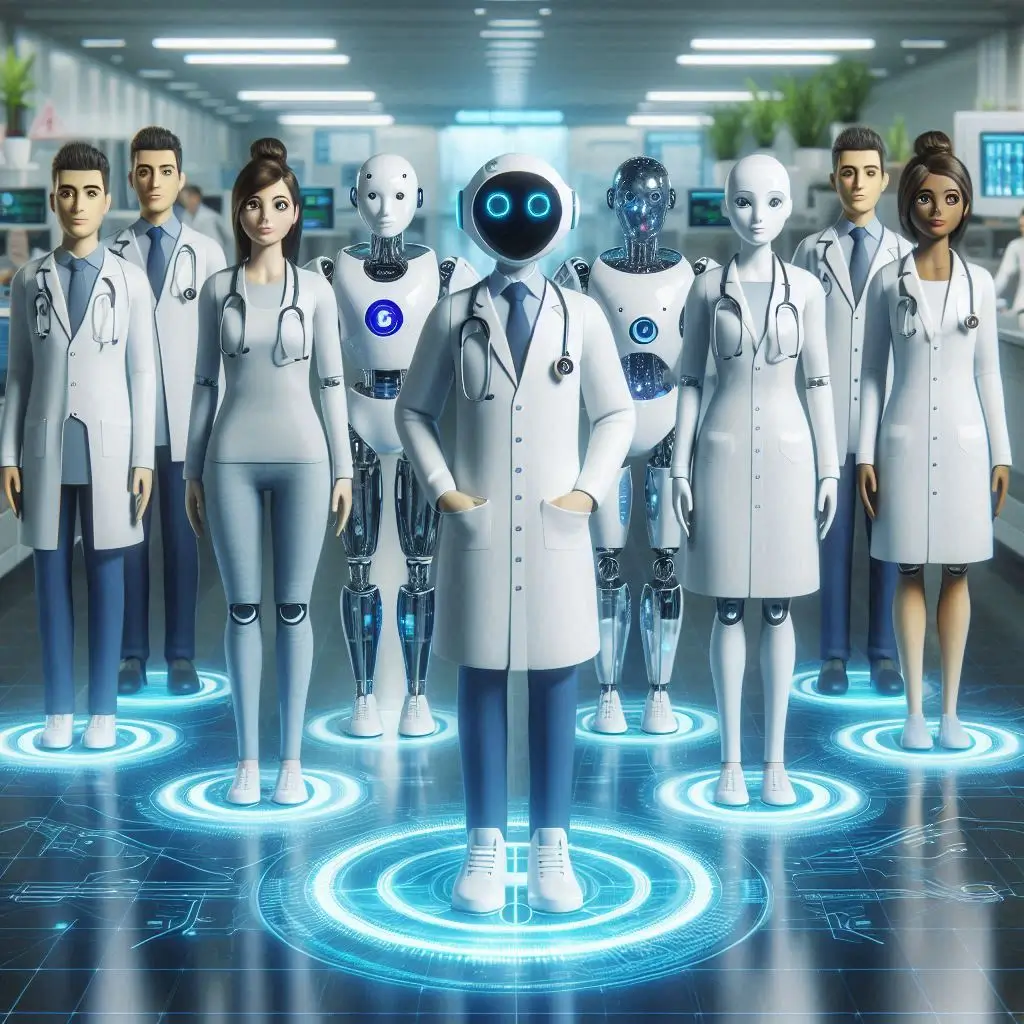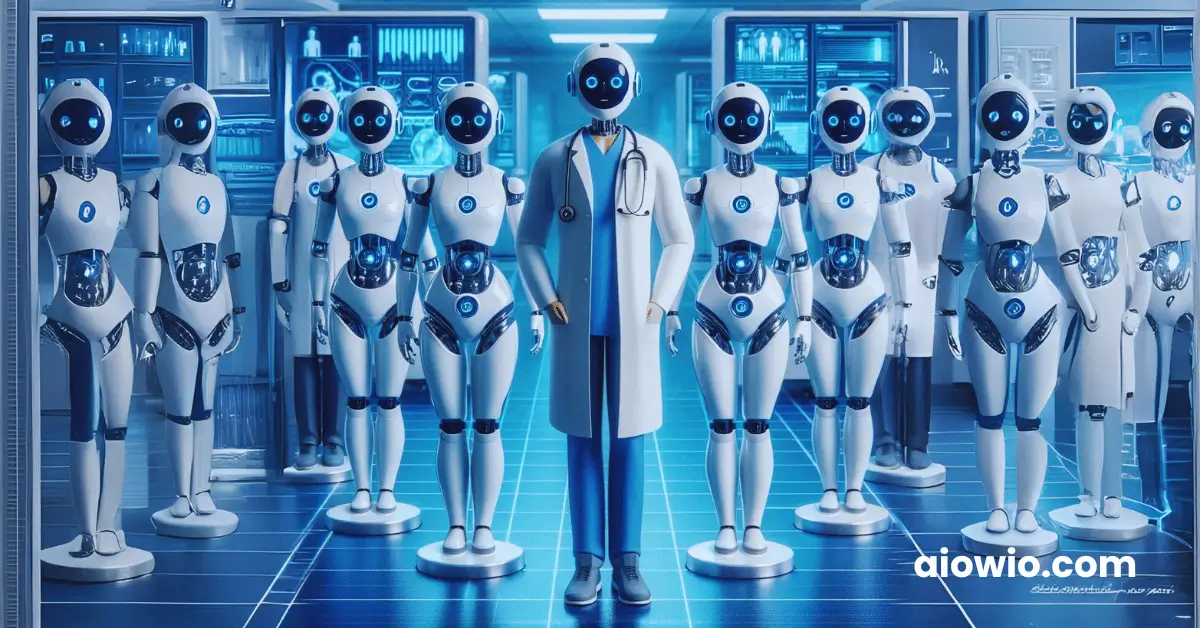The healthcare landscape is undergoing a digital revolution, and one of the most exciting advancements is the rise of medical AI chatbots. These chatbots leverage the power of artificial intelligence (AI) and natural language processing (NLP) to interact with patients in a conversational way, offering a range of benefits for both patients and healthcare providers.
This blog post delves into the world of medical AI chatbots, exploring their functionalities, applications, and the potential impact they have on the future of healthcare.
Understanding Medical AI Chatbots

A medical AI chatbot is a computer program designed to simulate conversation with users on healthcare-related topics. These chatbots are trained on vast datasets of medical information, including symptoms, diagnoses, treatments, and medications. They utilize NLP to understand user queries and respond with accurate and relevant information.
There are two main categories of medical AI chatbots:
- Informational Chatbots: These chatbots focus on providing patients with general medical information. They can answer frequently asked questions (FAQs) about various health conditions, explain medical terminology, and offer educational resources. Some popular examples include:
- WebMD Symptom Checker
- Ada
- Your.MD
- Symptom Assessment Chatbots: These more advanced chatbots can engage in a more in-depth dialogue about a user’s symptoms. They ask a series of questions and leverage their AI algorithms to suggest potential diagnoses. It’s important to remember that these chatbots are not replacements for medical professionals, but rather a tool for initial assessment and triage. Some leading examples include:
- Babylon Health
- Buoy Health
- K Health
Applications of Medical AI Chatbots

Medical AI chatbots offer a wide range of applications within the healthcare ecosystem, benefiting both patients and providers:
- Improved Patient Access: Chatbots like Florence by Zillow can provide patients with 24/7 access to basic healthcare information, allowing them to get answers to their questions at their convenience.
- Enhanced Patient Engagement: Chatbots like Sensely can play a crucial role in patient education and self-management of chronic conditions. They can provide medication reminders, offer personalized health tips, and track health data.
- Streamlined Appointment Scheduling & Administrative Tasks: Chatbots developed by companies like Dr.Chrono can handle routine tasks like appointment scheduling, prescription refills, and insurance inquiries. This frees up healthcare staff to focus on more complex patient care needs.
- Mental Health Support: Chatbots like Woebot can offer basic mental health support and resources, acting as a first line of defense for individuals experiencing anxiety, depression, or other mental health concerns.
- Reduced Healthcare Costs: By allowing patients to find answers to basic questions and manage their health more effectively, chatbots can potentially reduce unnecessary doctor visits and hospital admissions, leading to cost savings for the healthcare system.
The Future of Medical AI Chatbots

The field of medical AI chatbots is rapidly evolving, with advancements in AI and NLP leading to even more sophisticated functionalities. Here’s a glimpse into what the future holds:
- Personalized Chatbot Interactions: Chatbots like Lyra Health will become increasingly personalized, tailoring their responses to a user’s individual medical history and health goals.
- Integration with Wearable Devices: Chatbots will seamlessly integrate with wearable devices, allowing them to access real-time health data and offer more personalized guidance.
- Advanced Diagnostics & Triage: AI algorithms will become more sophisticated, enabling chatbots to provide more accurate diagnoses and triage patients more effectively, like Your.MD is striving for.
- Mental Health Intervention & Therapy: Chatbots like Koko will play a more significant role in mental health care, offering basic therapy and cognitive behavioral therapy (CBT) interventions.
However, it’s crucial to address potential challenges like:
- Data Privacy & Security: Ensuring patient data privacy and security is paramount. Robust security measures must be in place to protect sensitive health information.
- Algorithmic Bias: AI algorithms can inherit biases from the data they are trained on. Mitigating algorithmic bias is essential to ensure fair and equitable access to healthcare through chatbots.
- Regulation & Oversight: Establishing clear regulations and oversight frameworks is necessary to ensure the responsible development and deployment of medical AI chatbots.
Conclusion
Medical AI chatbots hold immense potential to revolutionize healthcare delivery. By providing patients with 24/7 access to information, streamlining administrative tasks, and offering personalized support, chatbots can empower patients, alleviate the burden on healthcare providers, and ultimately lead to a more efficient and accessible healthcare system. However, addressing ethical concerns and ensuring responsible development are crucial for maximizing the benefits

